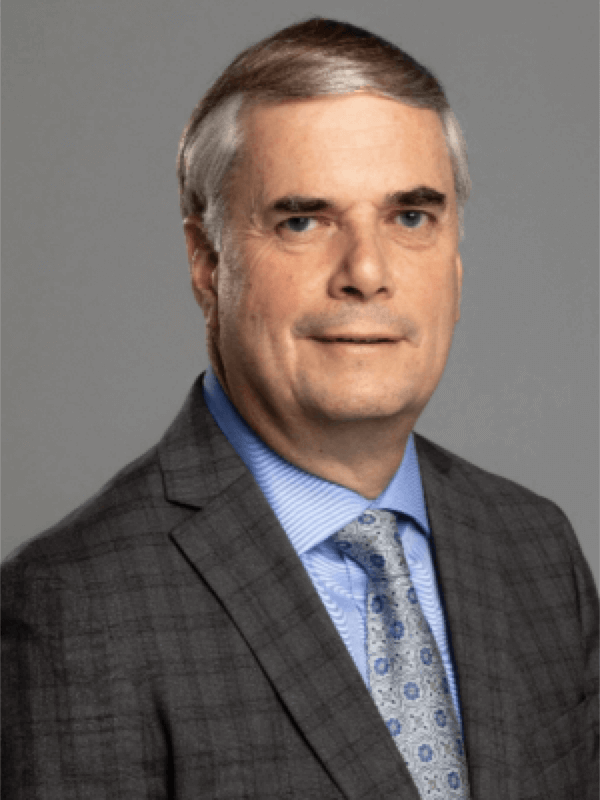Not FDIC Insured | Not Bank Guaranteed | May Lose Value | Not Insured by any Federal Government Agency | Not a Bank Deposit
Retirement is an emotional transition as well as a financial transformation, a declaration of financial independence. After he retired at age 69, Washington Post financial columnist Stan Hinden wrote an occasional column for the paper called “Retirement Journal,” in which he documented the decisions and surprises that he encountered. From that experience he wrote How to Retire Happy: Everything You Need to Know About the 12 Most Important Decisions You Must Make Before You Retire (McGraw-Hill, Fourth Edition).
Hinden identified some common reasons for retiring
- The time is right. After a long career, it may be time for a change, time for a rest. Even if that is the case, it’s important to enter retirement with a plan for staying mentally and physically active, as well as keeping in contact with other people. We can hope that this becomes easier as more people are vaccinated and the pandemic recedes.
- There are more compelling things to do. Career demands may have caused the deferral of some activities or pursuits, and retirement provides the time needed for exploration and enjoyment.
- Jobs are changing. Especially during periods of economic transition, the needs of an employer may be evolving in ways that demand too great an adjustment by older employees. That’s why many will accept an offer of early retirement during a reorganization or downsizing. Not all jobs are susceptible to working from home.
But, Hinden warns, one also should check for reasons not to retire, because they may indicate that more emotional preparation is needed before taking the retirement plunge.
- Work is enjoyable. The daily routine can be full of habits that are hard to break. For jobs that are not physically taxing, one can continue to be productive until age 70 and beyond.
- Pleasures of camaraderie. Hinden had a sharp sense of loss after he retired, a feeling that abated after he returned to work part-time on “Retirement Journal.” He came to realize that he missed his workplace and his colleagues, that the office had become like a second home to him.
- No better options. Without a good plan for retirement, one runs the risk of loneliness and depression. Being a couch potato may be temporarily relaxing, but it isn’t very satisfying.
How much will you need?
Developing a realistic retirement budget is an important exercise, one that requires an examination of values as much as resources. Some people enjoy living rather modestly during retirement. But one retiree we know says, “Life is too short to drink cheap wine.” The retirement budget needs to be understood from three perspectives.
- Essential versus discretionary spending. Which expenditures could be curtailed, even eliminated, in the event of financial reversals? Food is essential; restaurant dining is not. Is there room in the budget for savings?
- Structural versus peripheral expenses. Some costs are binding, not subject to modification, and failure to meet them means a structural change in retirement. If you own real property, you must pay the taxes. If you have a mortgage, you must make the payments. If you own a car, you have to pay for routine maintenance. Trips, vacations, and gifts, in contrast, are peripheral expenses.
- Fixed versus inflation-prone costs. Inflation has been mild in recent years, but this may not be a permanent condition. Most retirement expenses are vulnerable to inflation, while retirement income generally is fixed. The response to inflation may include cutting back on optional purchases or substituting less expensive items for those that become unaffordable.
Understand also that long, modern retirements typically include three phases:
- active retirement, filled with travel and pursuit of deferred dreams;
- passive retirement, typically beginning in the late-70s, when activities are gradually reduced; and
- final retirement, a period often marked by failing health and a need for long-term care.
A different retirement budget applies to each of these three periods.
Put us on your team
You may want to consider professional help in preparing and implementing your retirement plans. We specialize in two areas of personal financial management:
- Helping clients to achieve financial independence, using tax-sensitive techniques as appropriate.
- Helping clients to maintain financial independence by providing unbiased investment advice and trusteeship.
For specifics on how we might help you, see our asset-management specialists. Contact us today!
Meet Our Team

Mark Sivertson
Senior Vice President
Sioux Falls, SD (605) 271-4008

Shari Pyle
VP, Investment Management
Huron, SD (605) 352-9122

Levi Kary
Trust Officer
Huron, SD (605) 352-9122
Want to know more about this topic?
Subscribe to our newsletter today!

